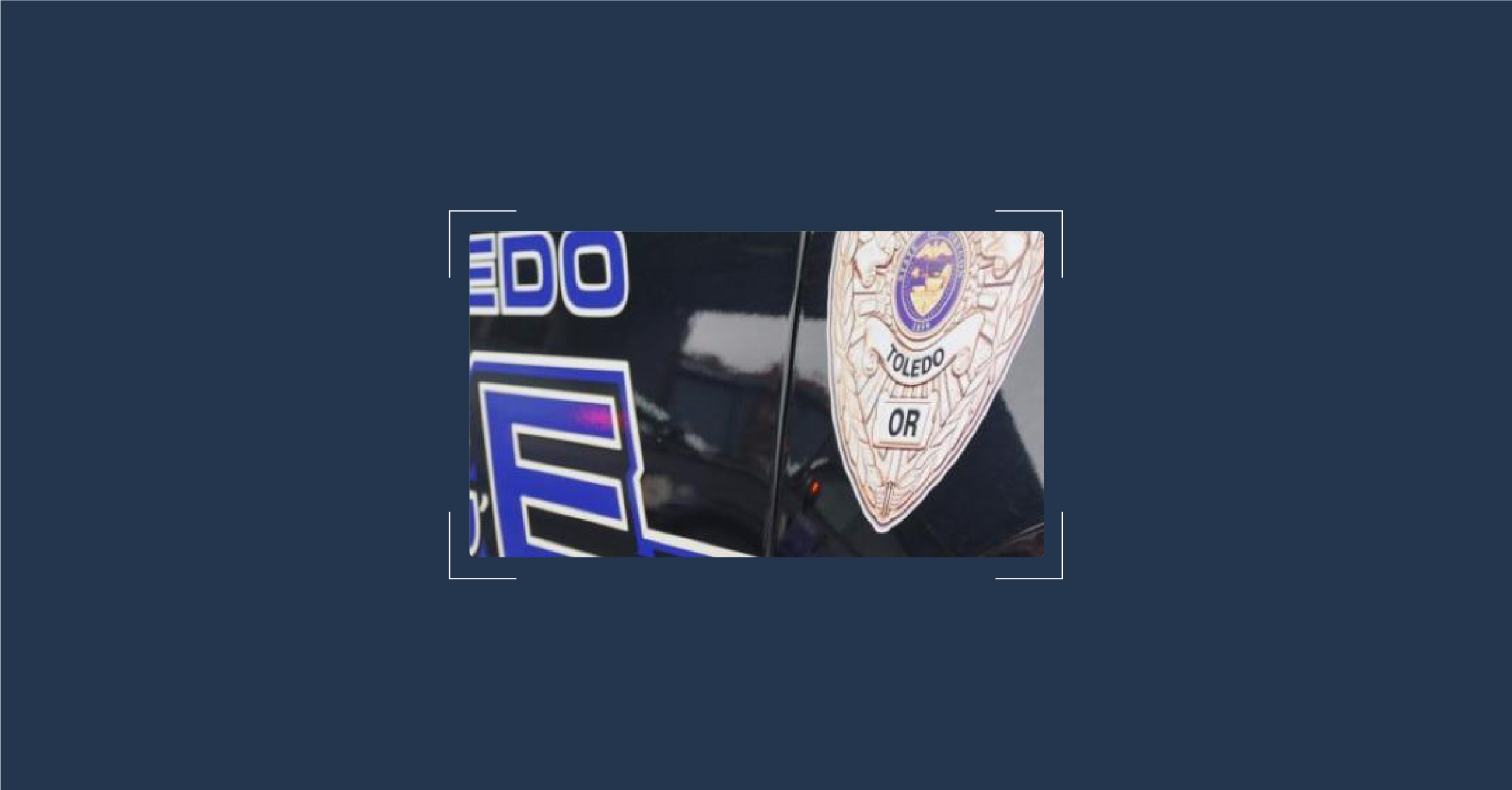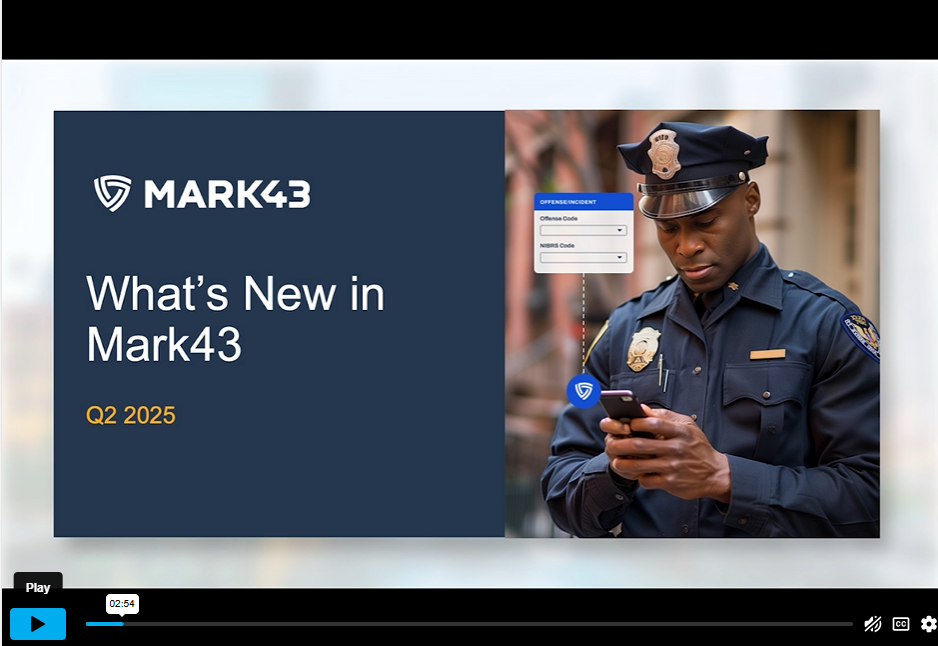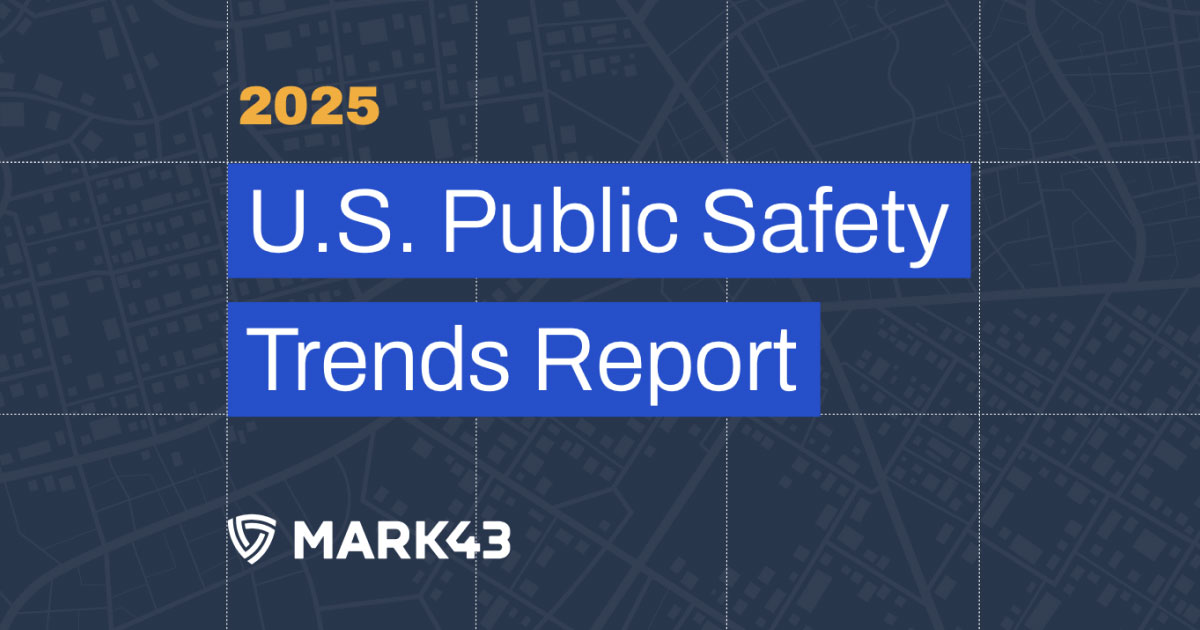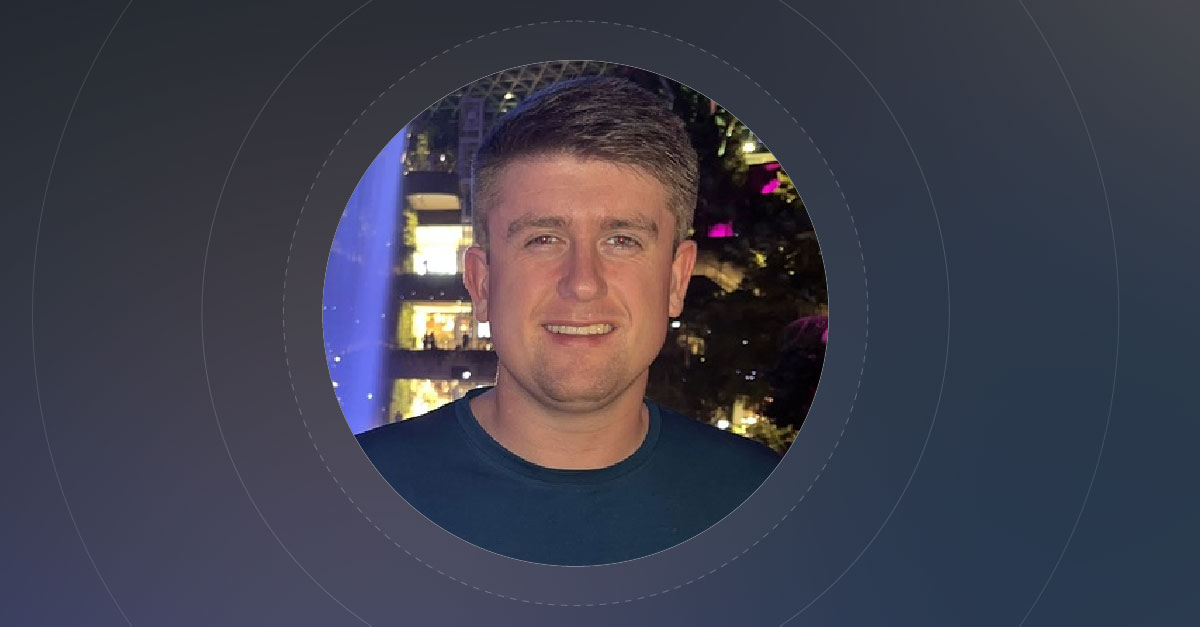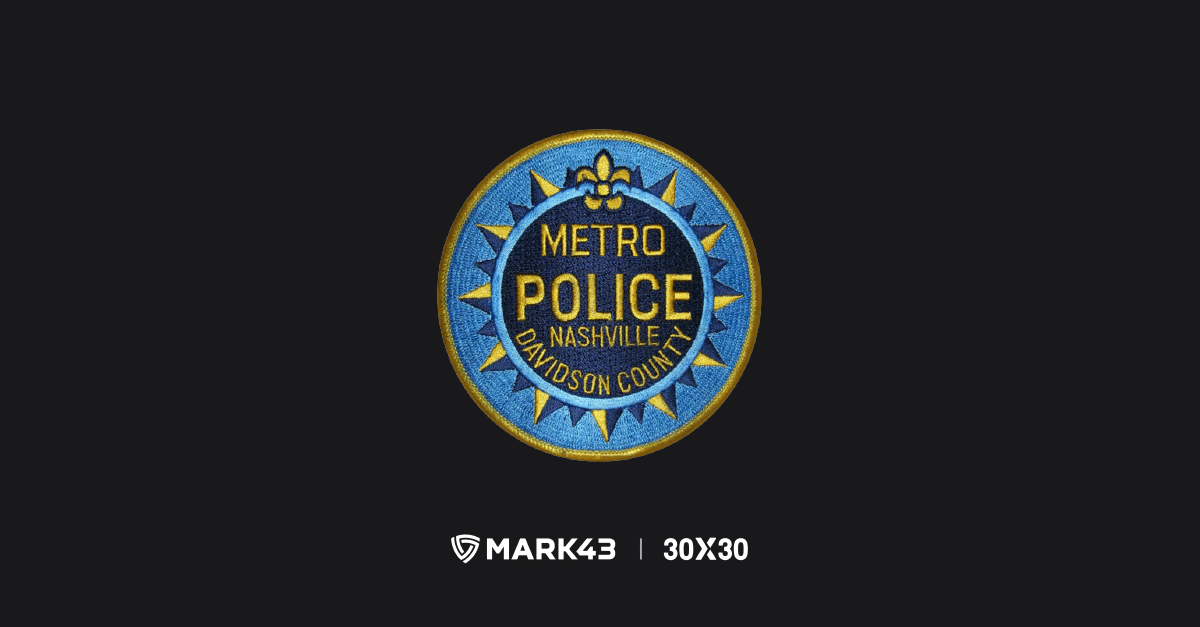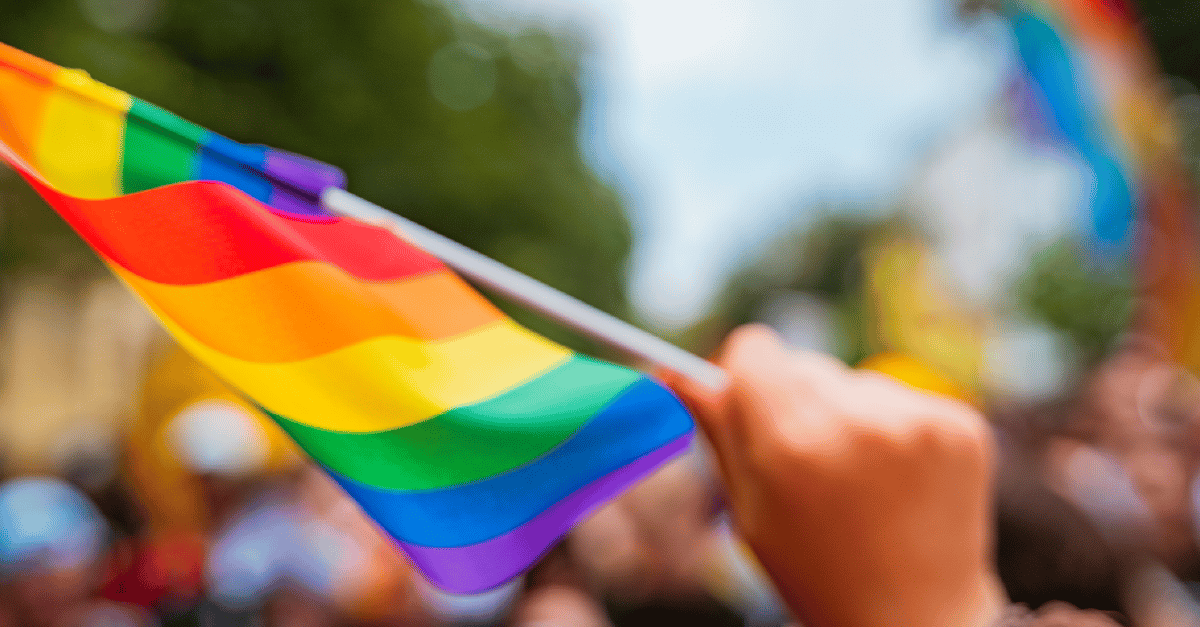
As part of our commitment to empowering communities and their governments with new technologies that improve the safety and quality of life for all, Mark43 works to amplify the voices of traditionally underserved communities. Today, in honor of Pride month and the celebration of gender, sex, and romantic diversity (GSRD), Mark43 Community Manager Andre Gerard sits down with Washington Metropolitan Police Department Officer Paul Weiss to discuss how their identities shaped their career.
Andre Gerard: As someone who discovered their identity later in life, I know everyone’s journey looks different and shapes their lives in a unique way. Could you describe your journey?
Paul Weiss: Throughout high school and the beginning of college, I struggled with the back and forth of realizing my identity. During my sophomore year of college, I began to realize that it was time for me to accept who I was and begin my journey of coming out as gay. My college experience helped me take a new look on my life that I desperately craved throughout high school. In those four years, I became independent and built the courage to become who I wanted to be. I came out my sophomore year of college, before becoming a first responder in 2018.
Andre Gerard: In my case, I was unsure about what profession I desired after school and whether my identity would be something I would consider in choosing a profession. Was your orientation a factor in choosing a law enforcement career? Any hesitation? If yes, what?
Paul Weiss: The process of applying to become a police officer as an openly gay man caused some anxiety and stress. Many people see law enforcement as a predominantly male and masculine occupation. I was under the incorrect assumption that there was little room for reassurance and that I was going to be judged or looked at differently than the other applicants. However, during the application process, I was able to speak with other LGBTQ+ members from MPD about their experiences and advice, which helped me successfully navigate those fears and stressors.
Andre Gerard: During my time as Marine Officer and transitioning from service, I realized the military had a long way to go in supporting and providing safety to those whose sexual identity falls outside social norms. In your experience, do LGBTQ+ officers feel supported by your agency? Are there specific outreach/support/resources for LGBTQ+ officers?
Paul Weiss: I am very lucky to be a part of such a diverse and accepting police department as the Metropolitan Police Department. I’ve always felt accepted for who I am, and I’ve never been treated differently in any situation. The MPD has a Lesbian, Gay, Bisexual, and Transgender Liaison Unit (LGBTLU) that allows diversely identifying officers to come together and engage in new opportunities, both intrapersonal and within the community. Members of the LGBTLU work to build relationships with LGBTQ+ residents and visitors and serve as a resource for those in the community who may be victims of hate crimes.
Andre Gerard: June is a popular month to be an ally for the LGTBQ+ community. How can organizations show their support for the LGTBQ+ community year-round, and are there any department initiatives designed to support LGBTQ+ officers?
Paul Weiss: At MPD, officers who identify with the LGBTQ+ community receive the same respect that any other officer would expect. During the month of June, the MPD shows their support to their officers by dedicating the month to pride awareness with many activities and celebrations. An important next step for agencies to take to continue to create an equitable environment is to stay on top of current events and trends set in place by that particular community. Show your pride by showing the colors year round and continuing to broadcast your support.
Interested to learn more about how your department can support LGBTQ+ employees and initiatives? Check out a list of resources.


